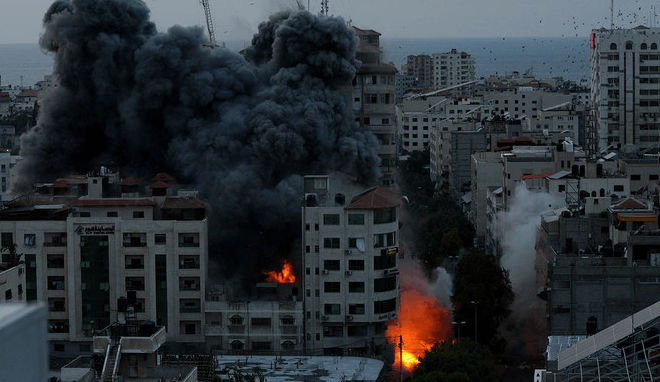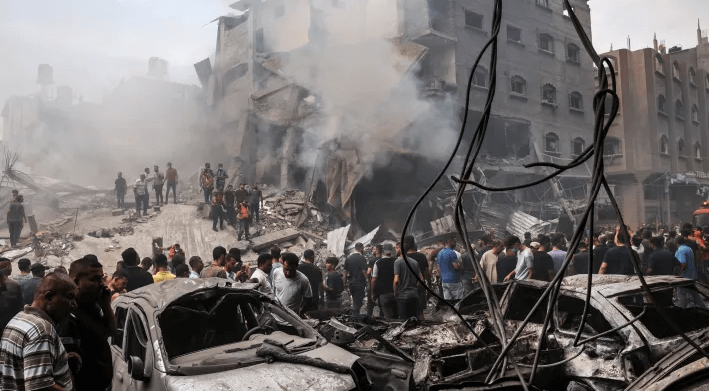The issue of Israel hostages ongoing conflicts is a pressing concern that has garnered significant attention both nationally and internationally. In this article, we will delve into the current situation, examining the challenges and complexities surrounding hostage scenarios in Israel’s contemporary conflicts.
The Ongoing Conflict on Israel Hostages
Israel hostages has been worried in longstanding conflicts with numerous corporations and countries inside the Middle East, resulting in a unstable and regularly dangerous environment. These conflicts have given upward push to instances where individuals had been taken hostage, similarly complicating the already complicated geopolitical landscape.
Different Hostage Scenarios
Hostages in Israel’s conflicts can be categorized into different scenarios:
1. Military Hostages
Members of the Israel Defense Forces (IDF) and different safety personnel are now and again captured with the aid of militant organizations or enemy forces at some point of clashes or operations. The capture of navy personnel frequently leads to excessive-stakes negotiations and worldwide pressure for his or her release.
2. Civilian Hostages
Civilian Israel hostages, often taken by militant organizations or individuals with political motivations, include both Israeli citizens and foreign nationals residing in or visiting Israel. Their release can be a focal point of international diplomacy.
3. Humanitarian Workers
Hostage conditions regarding humanitarian workers, such as the ones from global groups, add another layer of complexity to the difficulty. These people are frequently focused because of their involvement in providing useful resource and help to struggle-affected populations.
Response Strategies
Israel employs various response strategies when faced with hostage situations:
1. Negotiations
Negotiations for the release of Israel hostages are a common approach. However, these negotiations are intricate and often involve intermediaries, which can prolong the ordeal for hostages and their families.
2. Military Operations
In some cases, Israel has initiated military operations to rescue hostages. These operations are highly risky and require meticulous planning.
3. International Involvement
The international community closely monitors and often mediates in hostage situations involving Israel. This involvement can influence the outcome of negotiations.
Humanitarian Concerns
Hostage situations raise significant humanitarian concerns. Israel Hostages may endure physical and psychological trauma, and their well-being becomes a matter of paramount importance.
Media’s Role
Media coverage plays a substantial role in shaping public perception and government responses to hostage situations. The media’s influence can either expedite or complicate resolution efforts.
International Response
The international community consistently calls for the safe and swift release of Israel hostages. Diplomatic pressure and sanctions can be imposed on parties responsible for hostage-taking.
The Psychological Impact
Hostage situations have profound psychological consequences on both the victims and their families. It’s important to understand the lasting trauma that hostages endure:
1. Post-Traumatic Stress Disorder (PTSD)
Hostages often develop PTSD due to their traumatic reports. The signs and symptoms can consist of flashbacks, nightmares, tension, and melancholy, which might also persist long after their release.
2. Family and Community Impact
Hostage situations also affect the families and communities of those taken captive. The uncertainty and distress endured by loved ones can be emotionally devastating.
Legal Framework
Israel, like all nations, operates within a legal framework when dealing with Israel hostages. International law and domestic legislation play a crucial role in guiding actions and responses:
1. International Conventions
Israel is a signatory to numerous international conventions that govern the treatment of hostages. These conventions define the duties of states and non-country actors in hostage situations.
2. Domestic Laws
Israel has enacted legislation to address hostage-taking and associated offenses. These legal guidelines offer a prison basis for prosecuting those concerned in hostage conditions.
Counterterrorism Measures
Given the security challenges Israel faces, the nation has implemented robust counterterrorism measures to prevent and respond to hostage situations:
1. Intelligence Operations
Israel’s intelligence agencies play a vital role in tracking and preventing potential hostage situations by gathering critical information.
2. Border Security
Stringent border security measures are in place to deter and intercept individuals or groups attempting to carry out abductions.
Recent Developments
As the situation in the Middle East remains fluid, recent developments continue to shape Israel’s approach to hostage scenarios. Ongoing conflicts and shifting alliances can influence the dynamics of hostage-taking incidents.
Conclusion
The issue of Israel hostages in today’s conflict is a deeply complex and sensitive matter. It requires careful consideration of diplomatic, humanitarian, and security aspects. Finding peaceful resolutions to these situations remains a significant challenge, and international cooperation is essential to addressing this issue effectively.










